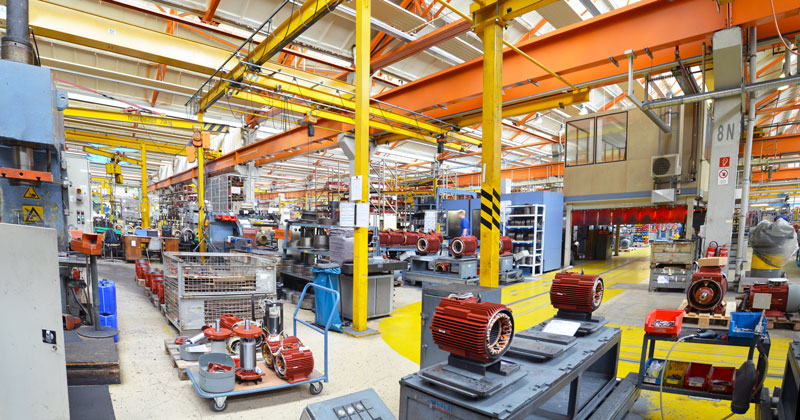AI-based reconstruction of sensor data in the context of the production and operation of electric motors
- Subject:Sensordatenrekonstruktion, Angewandte KI
- Type:Masterarbeit
- Date:ab 10 / 2025
- Tutor:
M. Sc. Joshua Ransiek, M. Sc. Martin Zehetner
AI-based reconstruction of sensor data in the context of the production and operation of electric motors
Context:
The electrification of drive systems plays a decisive role in the transformation to a CO2-neutral society - with electric motors (e-motors) taking center stage. However, their condition monitoring and testing along the production and life cycle is often inconsistent, as the available sensor technology is usually not fully integrated. The resulting only partial measurement data consequently induces uncertainty in complex application areas such as operating behavior simulations or end-of-line testing.
AI methods can be used to reconstruct missing sensor data by mapping complex dependencies between physical measured variables. Based on historical, complete measurement data and known physical properties of the electric motor, AI models can be trained to derive missing values from the existing measured variables. This achieves generalizability under varying operating conditions, which can be used for robust system monitoring and the prediction of complex motor properties.
The work is being carried out in cooperation with weg//weiser GmbH, a technology start-up that offers advanced testing and analysis services for electric motors and aims to expand these in a targeted manner through the integration of AI. As part of the collaboration, there is the opportunity to optimize and evaluate the developed solution in a practical way on a real test bench under industry-like conditions.
Objectives:
- Literature research on the current state of the art in the field of sensor data reconstruction
- Design and implementation of an ML-based model for sensor data reconstruction and prediction of e-motor properties
- Development and training of the model using historical data and, if necessary, simulation data
- Comparison and (possibly practical) evaluation of the developed method
Prerequisites:
- Independent and solution-oriented way of working
- Programming skills in Python, ideally with experience in ML libraries (e.g. PyTorch)
- Knowledge in the field of machine learning/deep learning
- Good written and spoken German and English skills
- Ideally knowledge of the basic functioning of electric motors


